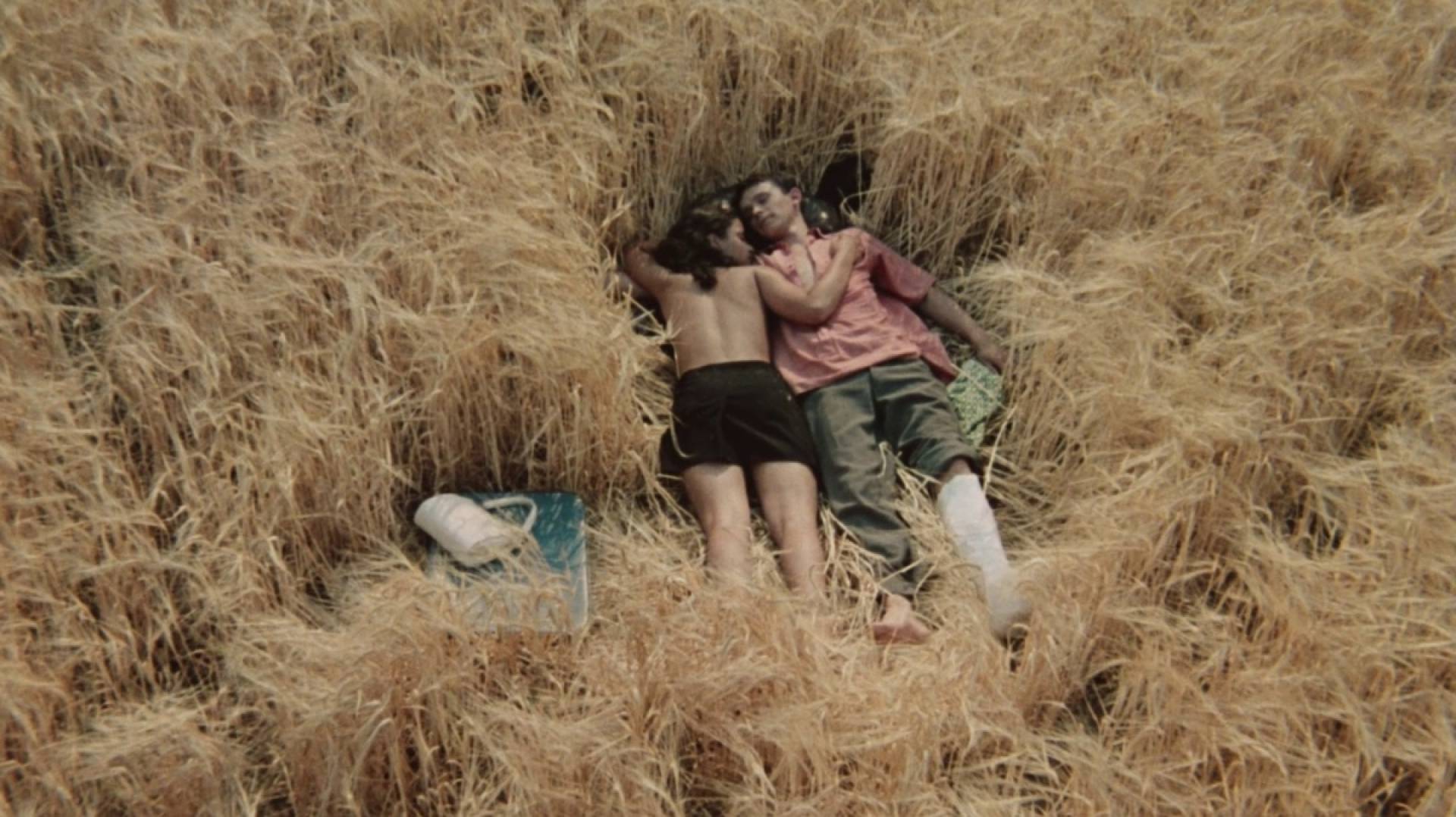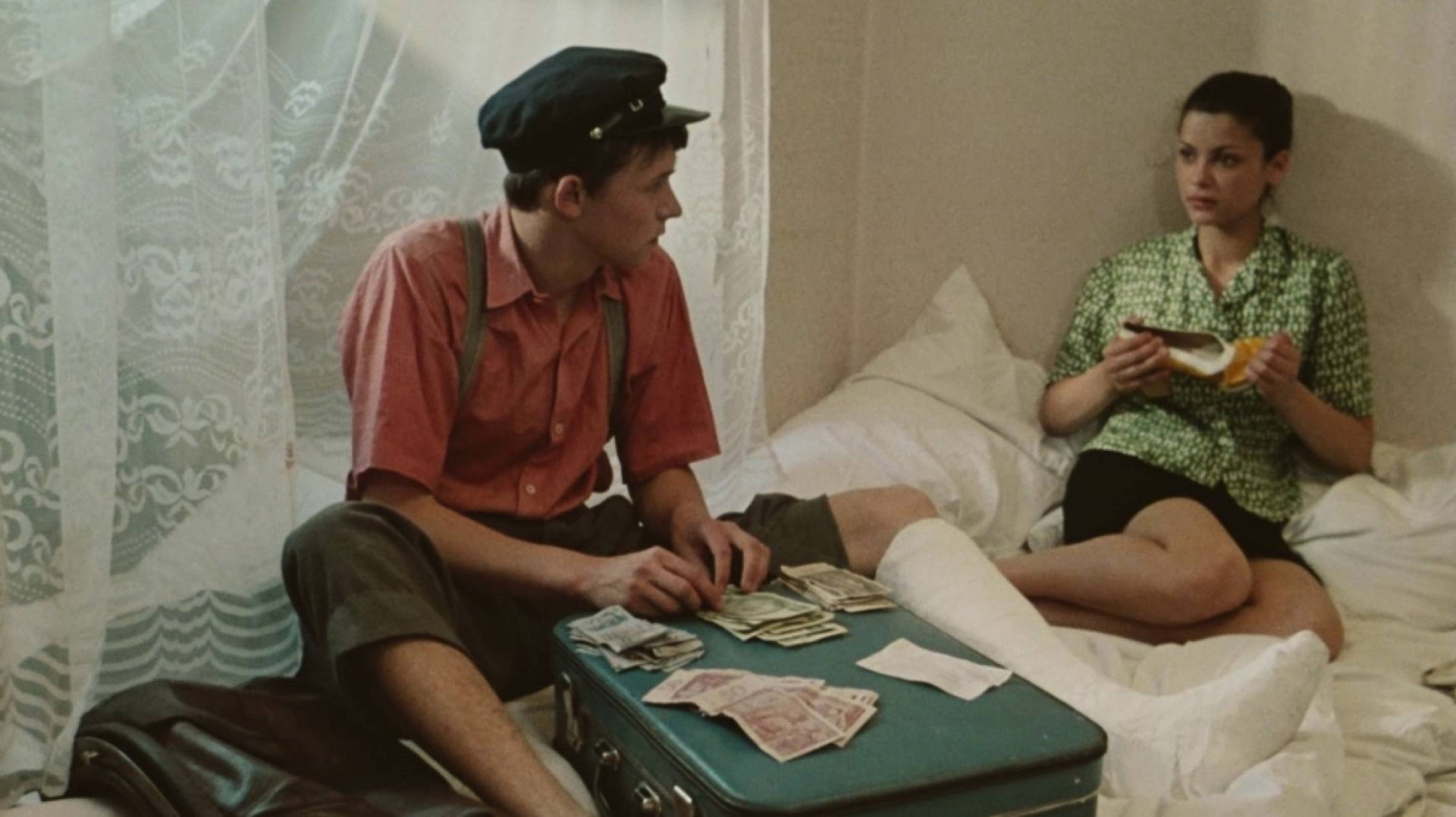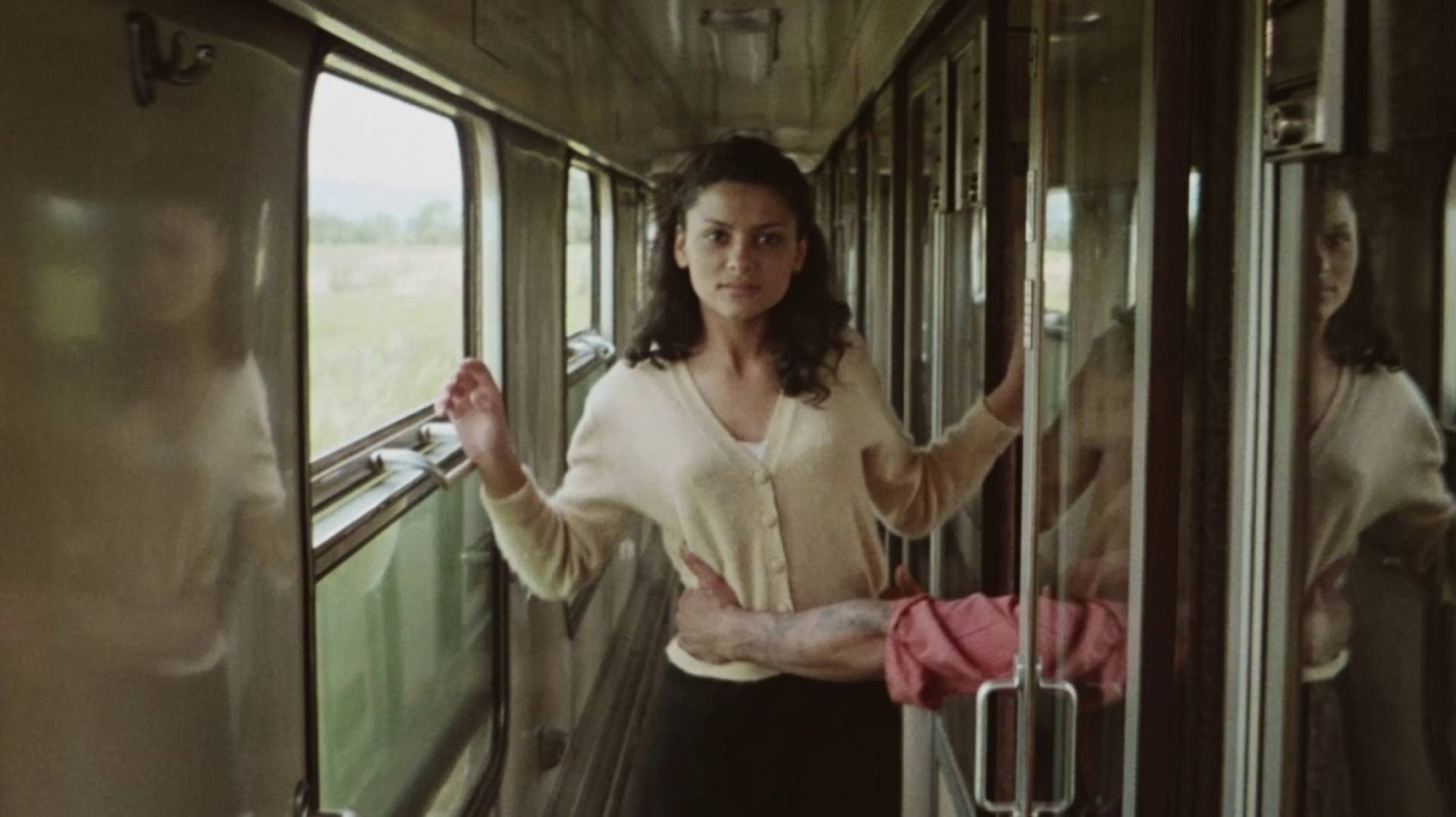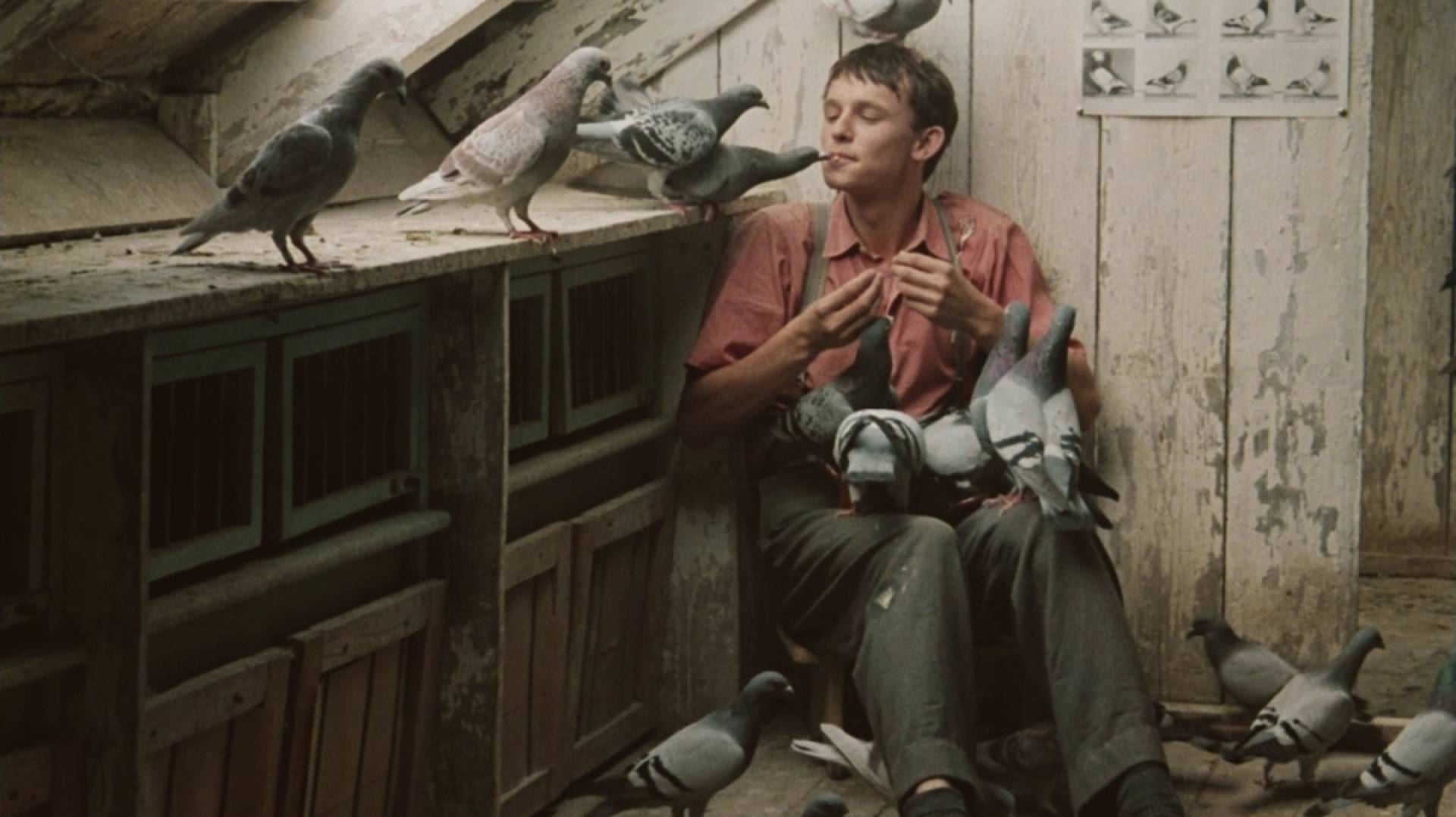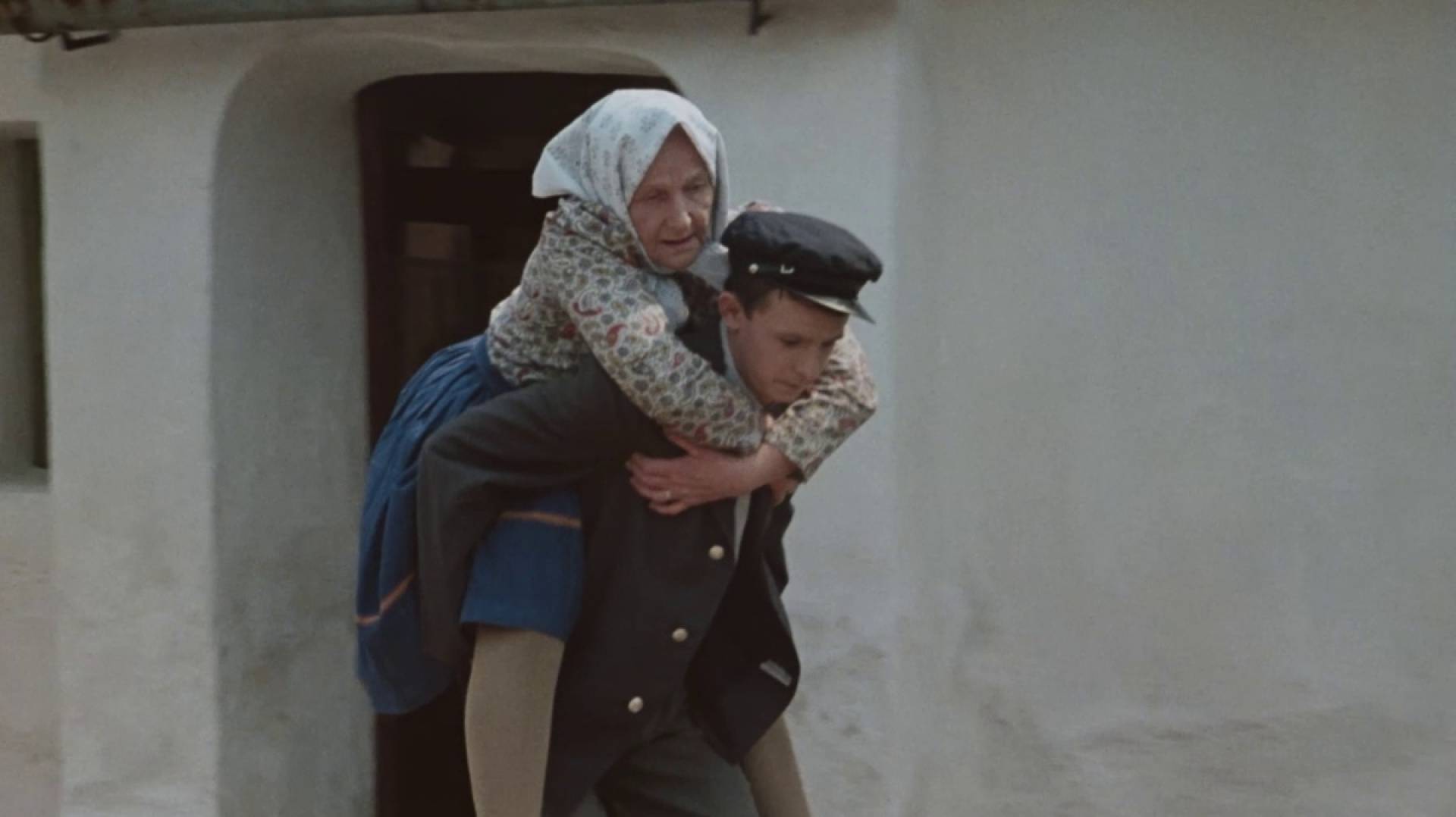Rosy Dreams
A lyrical tragicomedy about the relationship between postman Jakub who comes from a “respectable” white family, and Jolanka who lives in the nearby Romany settlement.
- Ružové sny
- Czechoslovakia 1976
-
- Slovak
- English
- 81 min.
- 12+
After the censors banned his films 322 and Pictures of the Old World, Dušan Hanák found another enclave untouched by ideology in the environment of a Romany settlement. Outwardly, he was thus acknowledging the regime’s conspicuous interest in integrating Romanies into society. Yet, through his realistic vision of the lives of Romanies and their relationships with the “whites”, and in the tone of the film itself, he was actually rejecting these simple assimilation theories. He points to the profound cultural differences of both worlds and also to the desire for love, happiness and harmony as the common trait of people of all colour and race. The focus of this impressionistic and brightly poetic story is the love affair between postman Jakub and the Romany girl Jolanka who have to face lack of understanding, prejudice and justifiable concern from their parents and friends on both sides. It is only when Jakub and Jolanka assert their happiness and start living together that it becomes obvious that the strength of will defined by their environment and by the hostility their situation generates, is paradoxically the true impediment to their co-existence. Their relationship comes to nothing in the end, yet both leave it secure in the knowledge that, as Jakub’s bon-vivant uncle puts it, “you need to be born every day”. A person should never become reconciled, he should keep on seeking reasons for joy and, after every fall, he should try to rise up again. This last viewpoint, in particular, is given a thematic and metaphorical perspective many times throughout the film: the lovers’ waking dreams, their imagination, their longing to float up into the sky, and to fly away like migratory birds. The concept of time is always present in the film as well, acting as a memento mori, and the living parallels of the young and old generations remind us of the eternal cycle of life.
Read moreSimiliar content
-
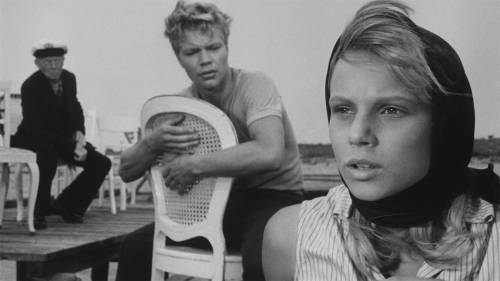 Subscription
SubscriptionThe White Dove
Film poem
-
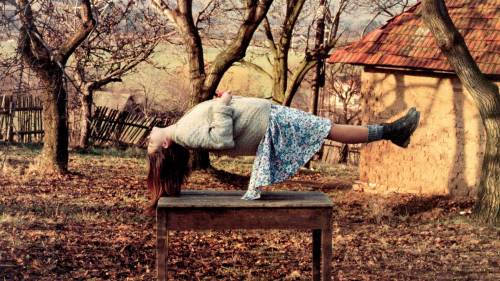 Subscription
SubscriptionThe Garden
Poetic comedy
-
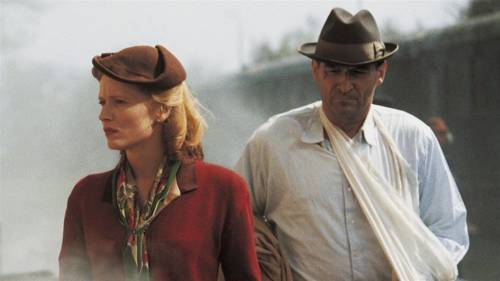 Subscription
SubscriptionŽelary
Romantic drama
-
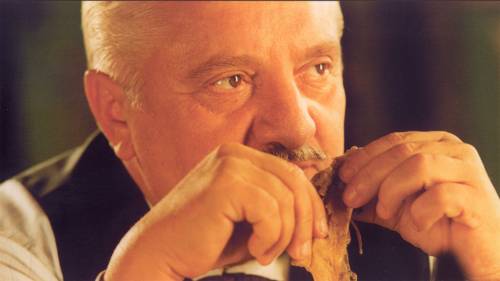 Subscription
SubscriptionThe Landscape
Poetic stories
-
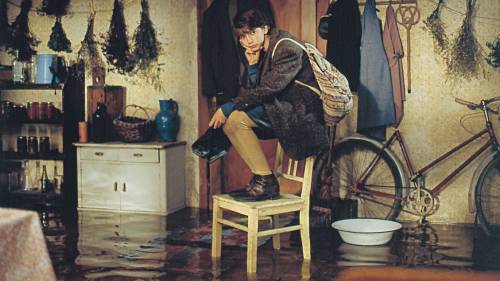 Subscription
SubscriptionOrbis Pictus
Poetic allegory
-
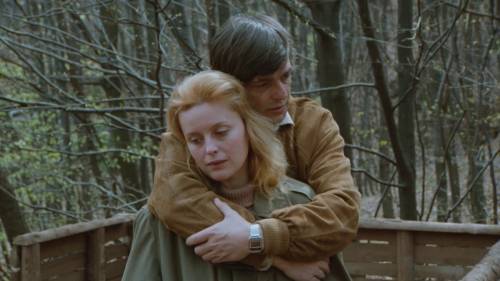 Subscription
SubscriptionQuiet Happiness
Psychological drama
-
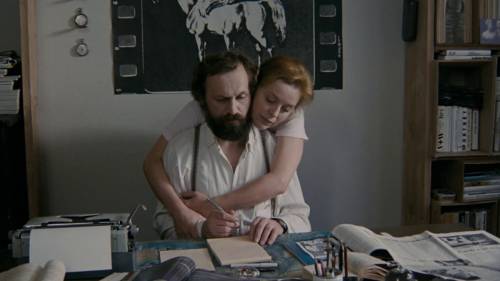 Subscription
SubscriptionPrivate Lives
Psychological drama
-
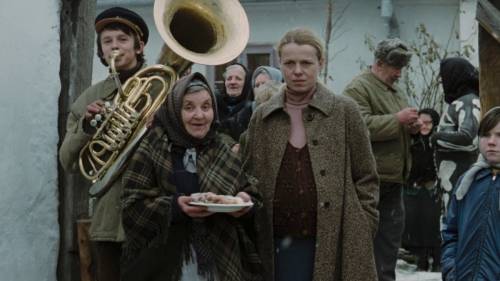 Subscription
SubscriptionI Love, You Love
Romantic drama
-
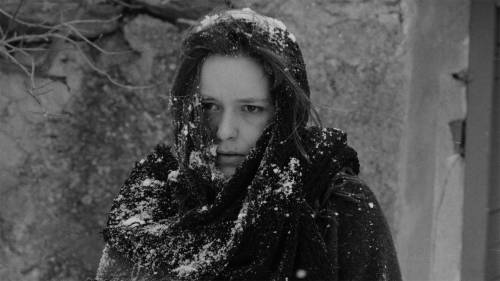 Subscription
SubscriptionWay Through the Bleak Woods
Poetic drama
-
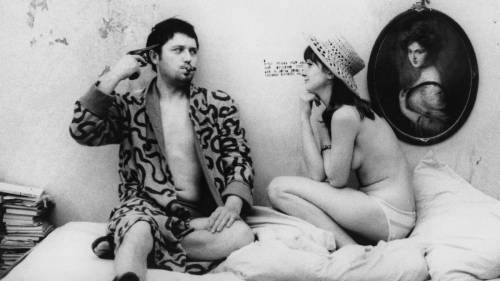 Subscription
SubscriptionThe Prime of Life
Comedy drama
